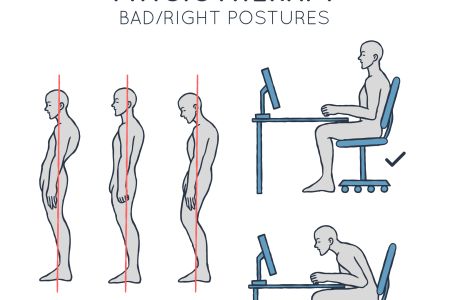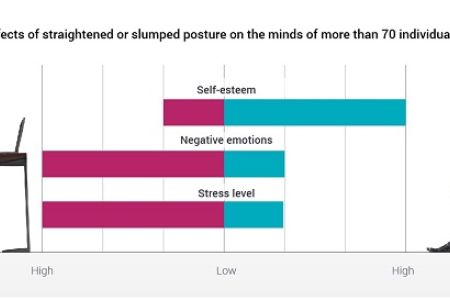
Try this, take a deep breath in and now slowly exhale through your mouth. How did that feel to your body? Was there something different after exhaling vs before taking the breath? It may feel weird to think about a task we rarely give a second thought about. Breathing is an essential bodily function that occurs involuntarily but it can be controlled voluntarily. We can consciously control our breathing pattern by speeding it up or slowing it down, or by taking shallow breaths or deep breaths. How we breathe actually affects our health.
Intentional deep breathing or diaphragmatic breathing brings numerous health benefits. A major benefit is stress management as accumulation of stress overtime can be damaging to our mental and physical health. Under conditions of chronic stress, normal breathing rhythm is disrupted and we become shallow breathers as our body’s nervous system activates the “fight or flight” response. Our breathing rate, heart rate, and blood pressure increases. This creates tension throughout the body which inturn leads to more stress. Elongating and deepening our breaths can inhibit this snowball effect and bring our body back to a state of calmness for repair and recovery. Conscious breathing may help you manage or improve conditions related to: low back pain, gastrointestinal issues, high blood pressure, pelvic floor function, COPD, mental health, autoimmune diseases, neurological conditions, postmenopausal symptoms, and recovery from COVID-19.
Deep breathing can also encourage better posture. A forward head and slouchy shoulders posture limits movements of the lungs, chest, rib cage, and shoulders which consequently results in shallow breathing. If this posture is maintained for a prolonged period, one may experience mild shortness of breath. In comparison, sitting or standing upright with shoulders relaxed and shoulder blades pulled back allows the lungs to expand, diaphragm to lower into the abdomen, and intercostal muscles along the rib cage to lengthen to their fullest. This maximizes the amount of oxygen entering our lungs.
How do we practice deep breathing? We start with awareness of each breath. Place one hand on your chest and the other on your belly. Breathe normally; you’ll probably notice how the top hand is moving more than the bottom hand. Your goal is to keep the top hand steady and the bottom hand moves as the belly rises and falls. Try to make your exhale last a second or two longer than your inhale. Practice that for 6 to 10 breaths. The practice of controlled, deep breathing gives us a sense of control in situations where we often feel out of control. This is most applicable when chronic pain prevents us from completing daily activities. So the next time you feel anxious, worried, or bothered by pain, take a few mindful deep breaths.

Why you may feel more pain during quarantine and how to handle it.

Travel Tips for the Holidays

Thriving while Working from Home

What is Good Posture?










